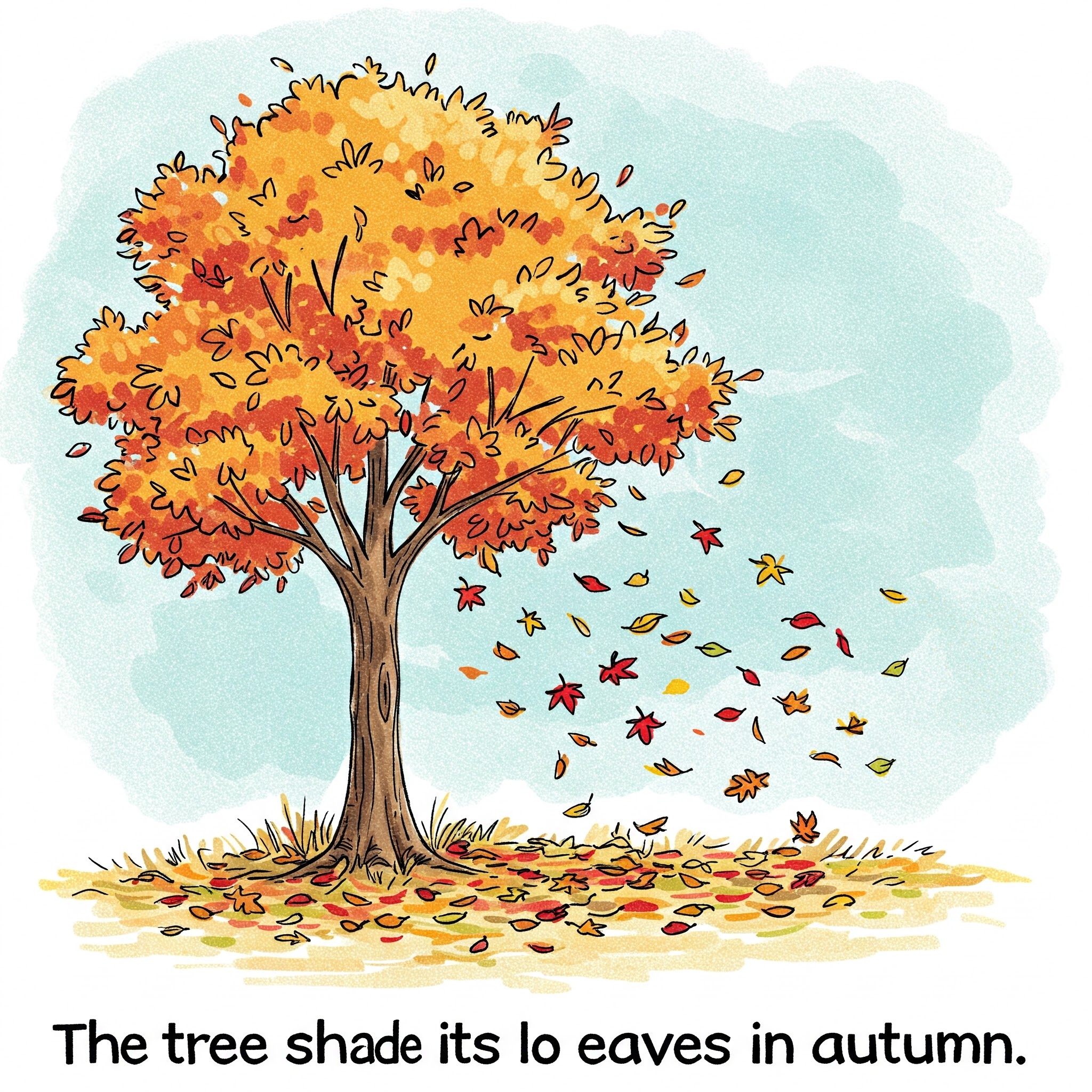Its
Definition
Its is a possessive pronoun or determiner used to indicate that something belongs to or is associated with a previously mentioned or implied singular noun that is not a person. It is distinct from "it's," which is a contraction of "it is" or "it has."
Parts of Speech
- Possessive Pronoun
- Determiner
Pronunciation
American English
- IPA Pronunciation: /ɪts/
- Respelling: its
British English
- IPA Pronunciation: /ɪts/
- Respelling: its
Etymology
The word "its" emerged in the 16th century as a possessive form of "it," derived from the Old English neuter pronoun "hit." The possessive form "its" replaced the older usage "his" (common in Middle English) for inanimate objects or abstract entities.
Derivatives
- Itself (reflexive pronoun)
- It's (contraction of "it is" or "it has")
- Units (plural noun form of a related word)
- Unrelated (adjective, related to detachment)
- Finiteness (abstract noun form)
Synonyms
- Belonging to it
- Of it
- None
Antonyms
- None
Usage
The term "its" is frequently used to denote possession or association. For example, "The cat licked its paw," or "Each country has its unique traditions."
Related Terms
- Possessive Pronouns: Words such as "his," "her," and "their" indicating possession.
- It: The base pronoun used to refer to an object, animal, or concept.
- Contractions: Words like "it's" combining "it is" or "it has."
Detailed Definitions
Possessive Pronoun
- Used to indicate possession or association: Shows that something belongs to or is related to a singular, inanimate noun or an animal.
- Example: "The company increased its revenue last year."
Determiner
- Denotes possession or attribution to something previously mentioned: Used before a noun to specify ownership.
- Example: "The tree shed its leaves in autumn."
its



🇨🇳 Mandarin Chinese
- 它的 (Tā de) - its
- IPA Pronunciation: /tʰä d̥ɤ/
- English Respell: Ta de
🇮🇳 Hindi
- उसका (Uska) - its (masculine)
- IPA Pronunciation: /ʊska/
- English Respell: Uska
- उसकी (Uski) - its (feminine)
- IPA Pronunciation: /ʊski/
- English Respell: Uski
🇪🇸 Spanish
- Su - its
- IPA Pronunciation: /su/
- English Respell: Soo
🇫🇷 French
- Son - its (masculine)
- IPA Pronunciation: /sɔ̃/
- English Respell: Son
- Sa - its (feminine)
- IPA Pronunciation: /sa/
- English Respell: Sa
🇸🇦 Modern Standard Arabic
- له (Lah) - its
- IPA Pronunciation: /lah/
- English Respell: Lah
🇧🇩 Bengali
- এর (Er) - its
- IPA Pronunciation: /eɾ/
- English Respell: Aer
🇷🇺 Russian
- Его (Yego) - its
- IPA Pronunciation: /jɪˈvo/
- English Respell: Yevo
🇵🇹 Portuguese
- Seu - its
- IPA Pronunciation: /sɛʊ̯/
- English Respell: Seh-ou
🇮🇩 Indonesian
- Itu - its
- IPA Pronunciation: /itu/
- English Respell: Ee-too
🇩🇪 German
- Sein - its (masculine and neuter)
- IPA Pronunciation: /zaɪ̯n/
- English Respell: Zain
- Ihre - its (feminine)
- IPA Pronunciation: /ˈiːʁə/
- English Respell: I-ruh
🇯🇵 Japanese
- その (Sono) - its
- IPA Pronunciation: /sono/
- English Respell: So-no
🇻🇳 Vietnamese
- Của nó - its
- IPA Pronunciation: /kʷaː nɔ˧ˀ˦/
- English Respell: Kwa no
🇰🇷 Korean
- 그의 (Geu-ui) - its
- IPA Pronunciation: /ɡɯɥi/
- English Respell: Geu-ui
🇹🇷 Turkish
- Onun - its
- IPA Pronunciation: /onun/
- English Respell: Oh-nun
🇵🇰 Urdu
- اس کا (Us ka) - its (masculine)
- IPA Pronunciation: /ʊs kaː/
- English Respell: Us ka
- اس کی (Us ki) - its (feminine)
- IPA Pronunciation: /ʊs kiː/
- English Respell: Us kee





